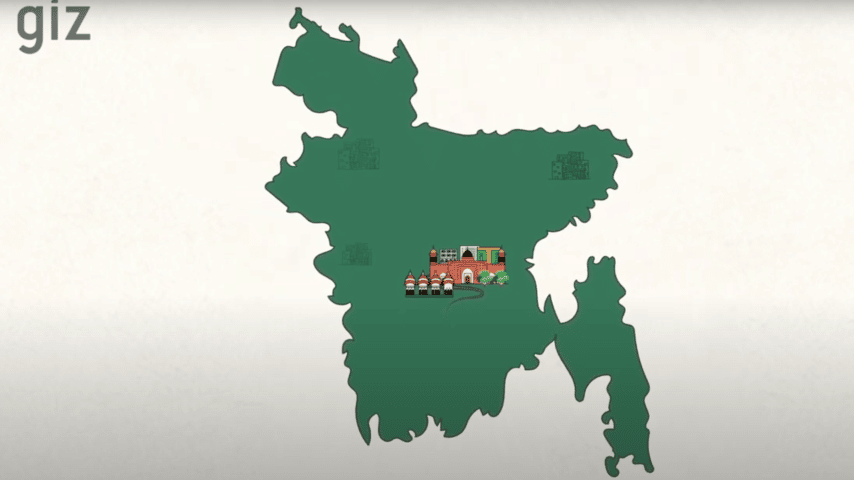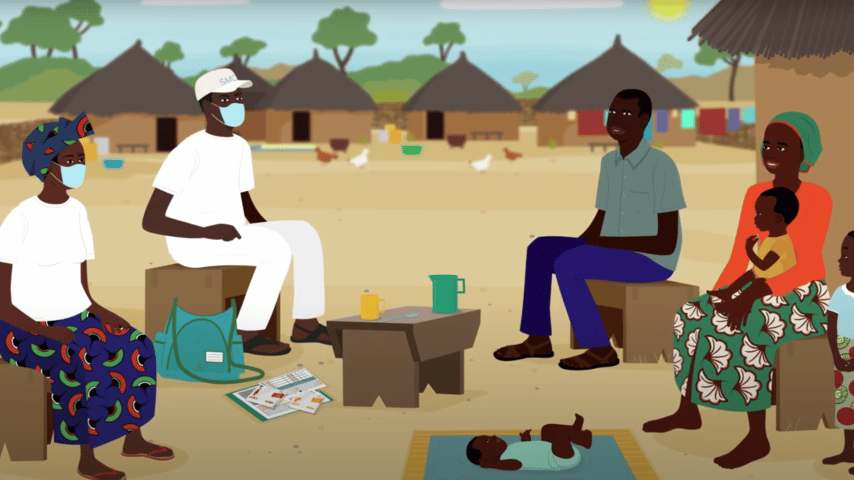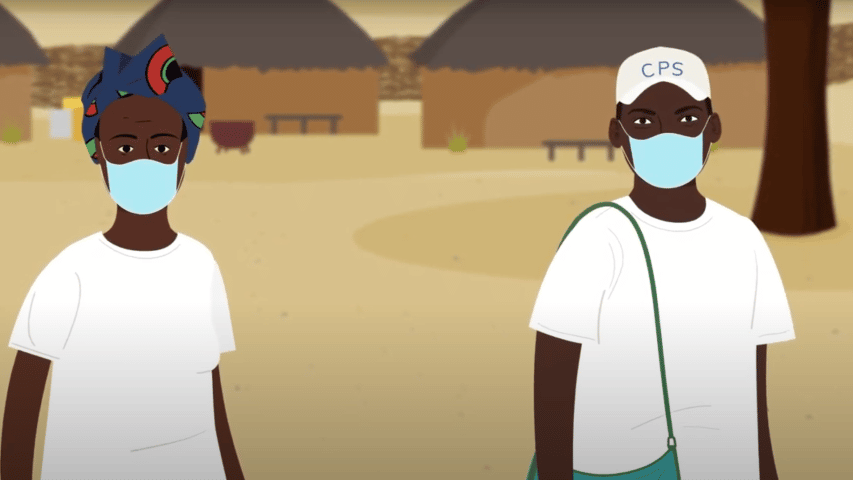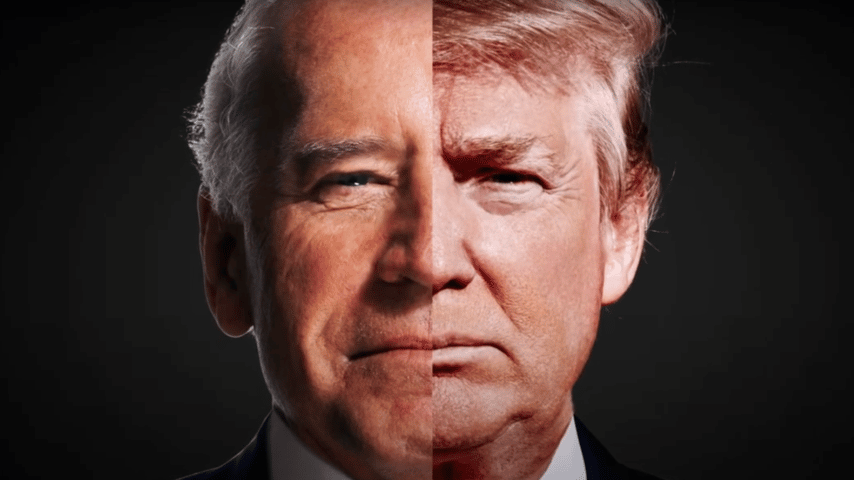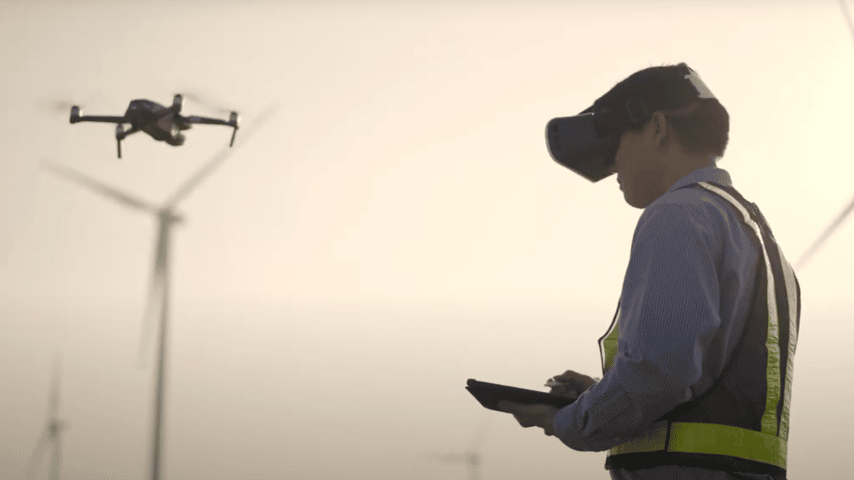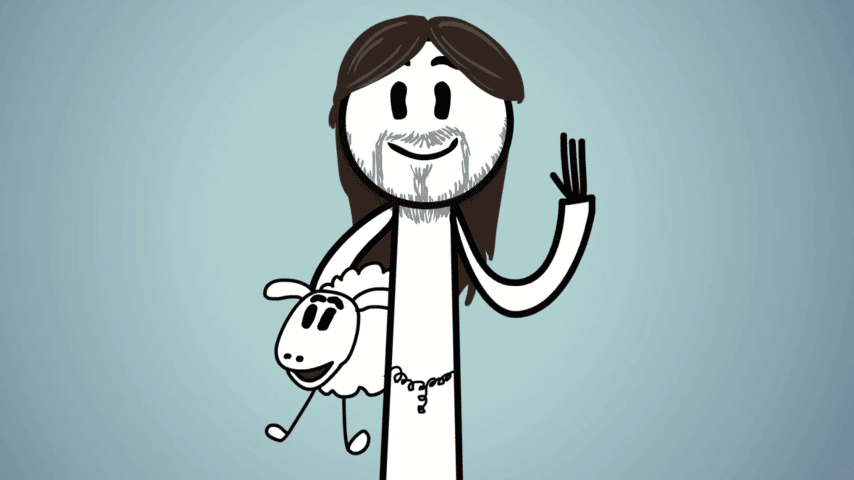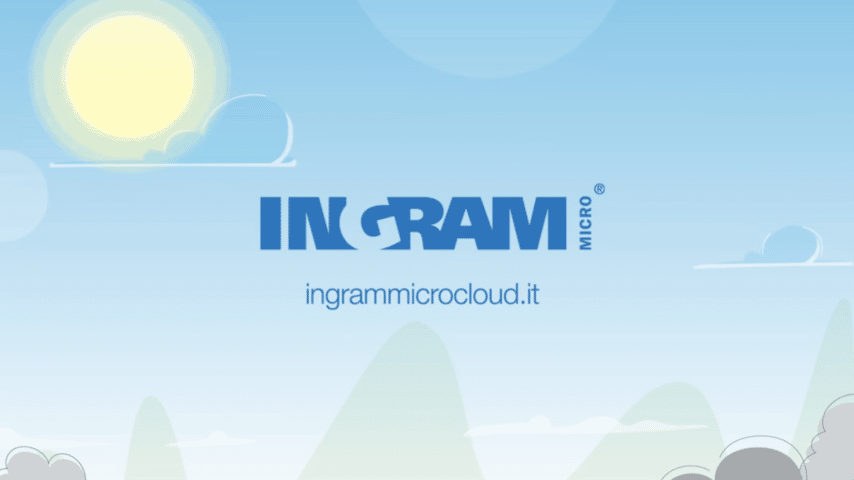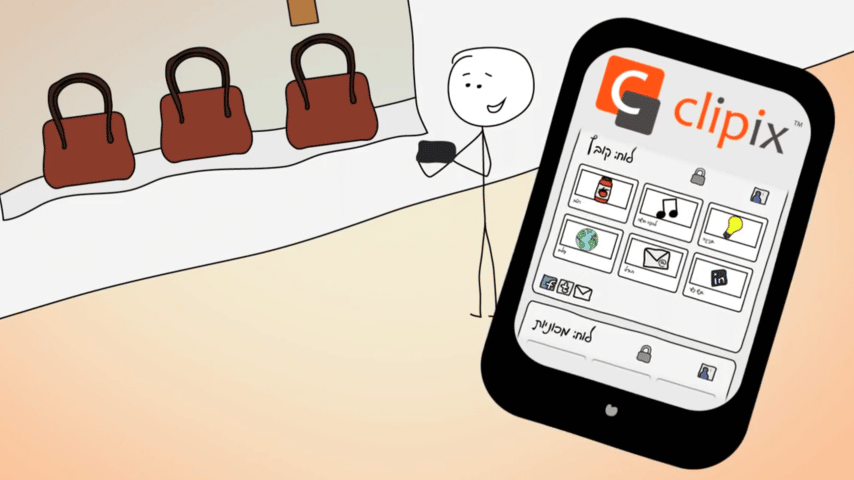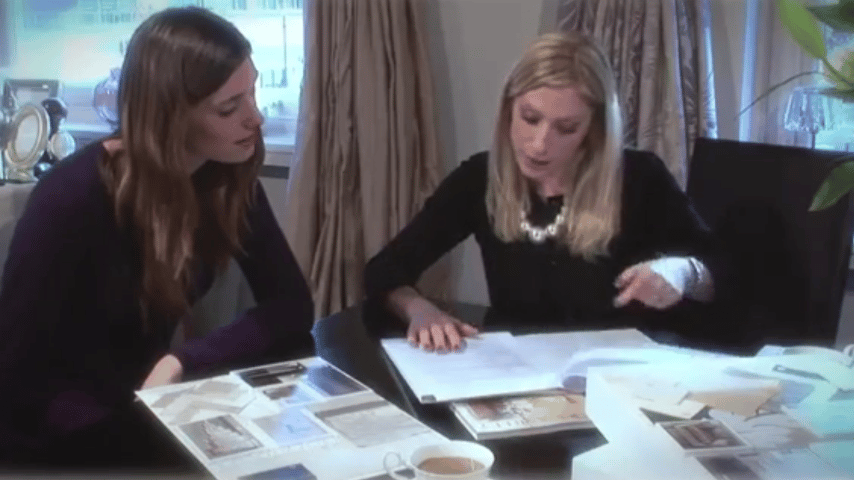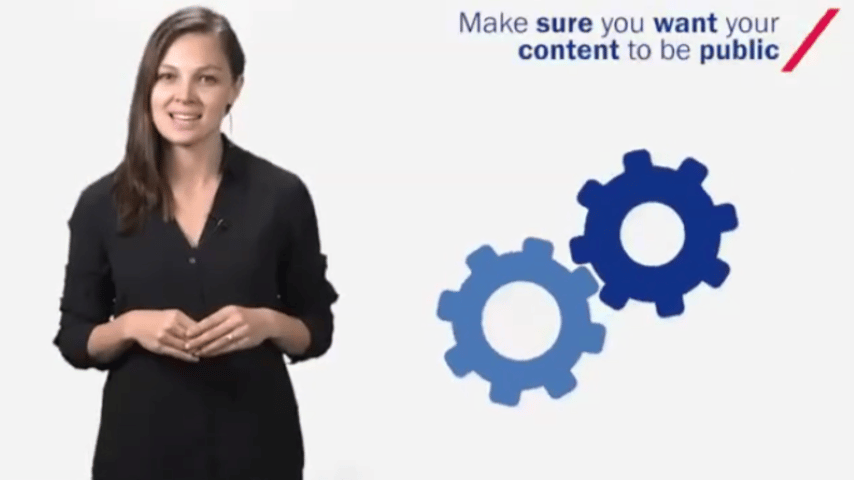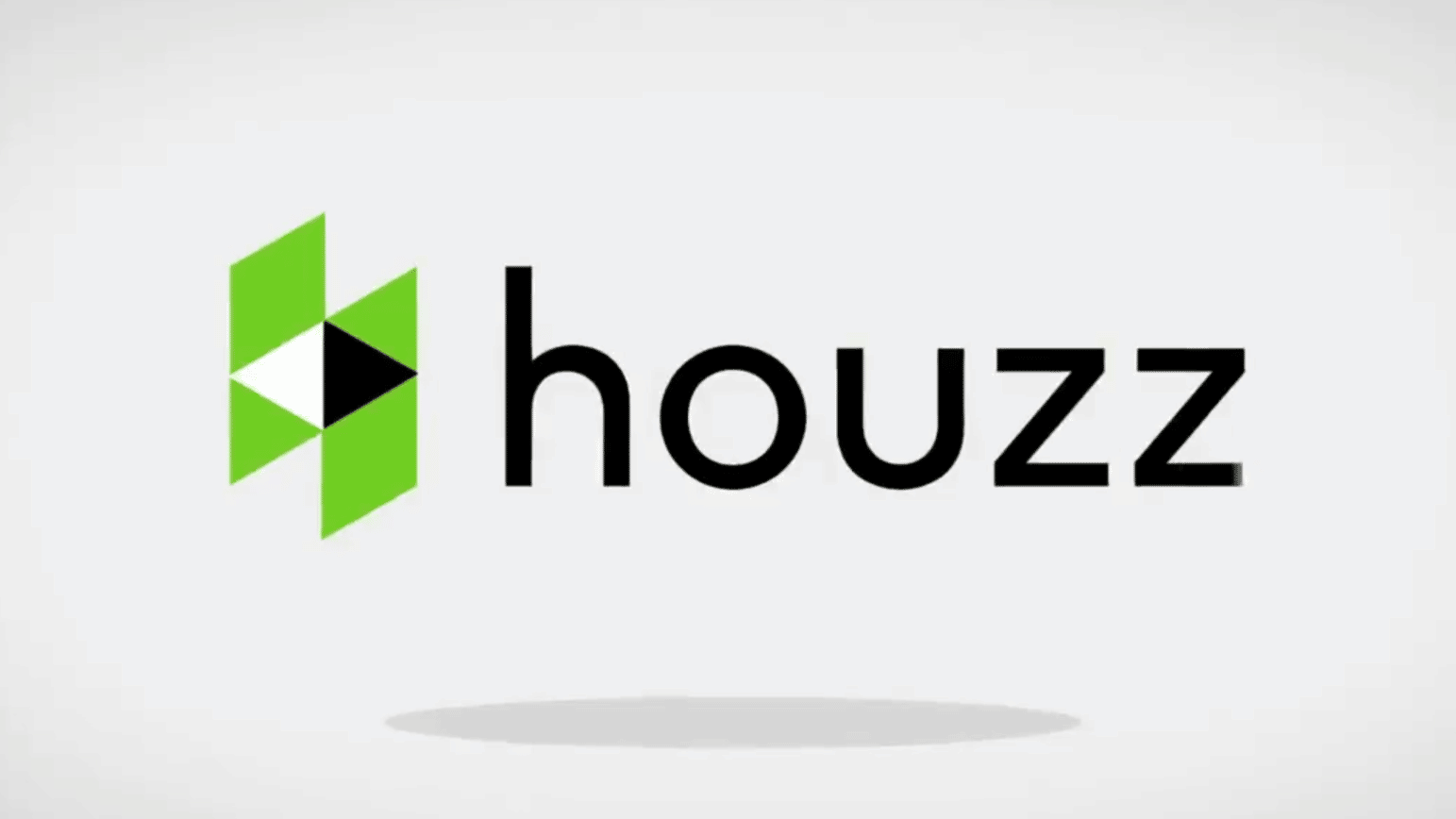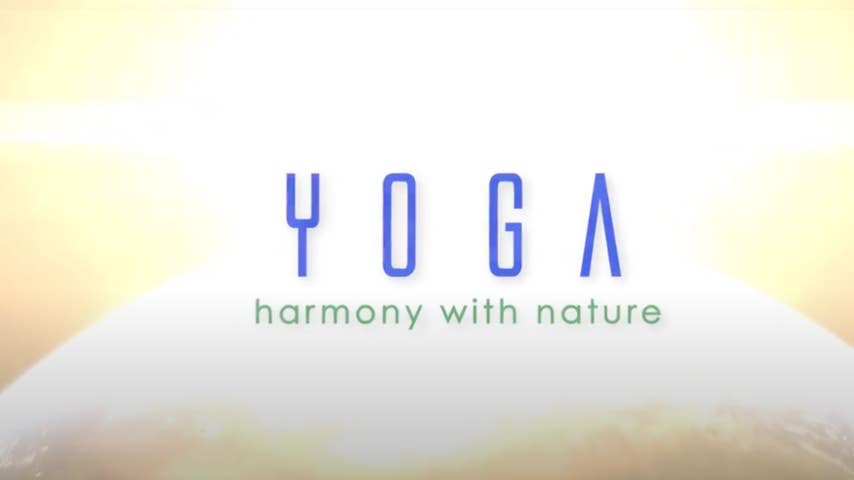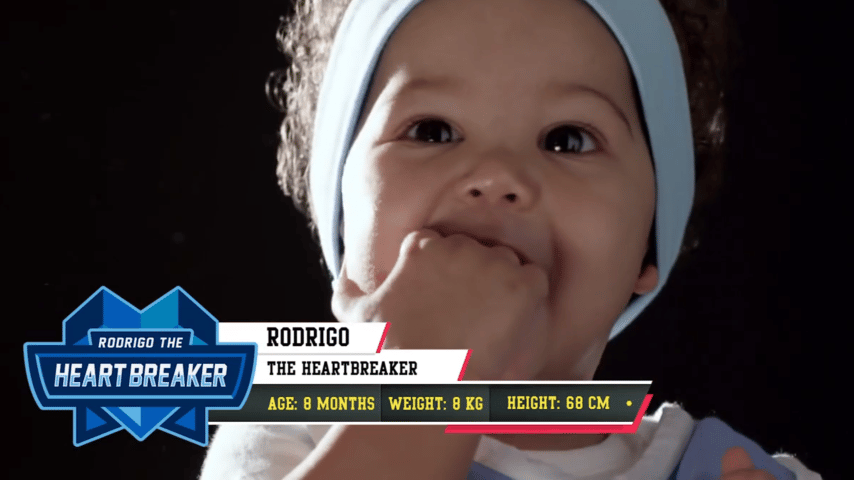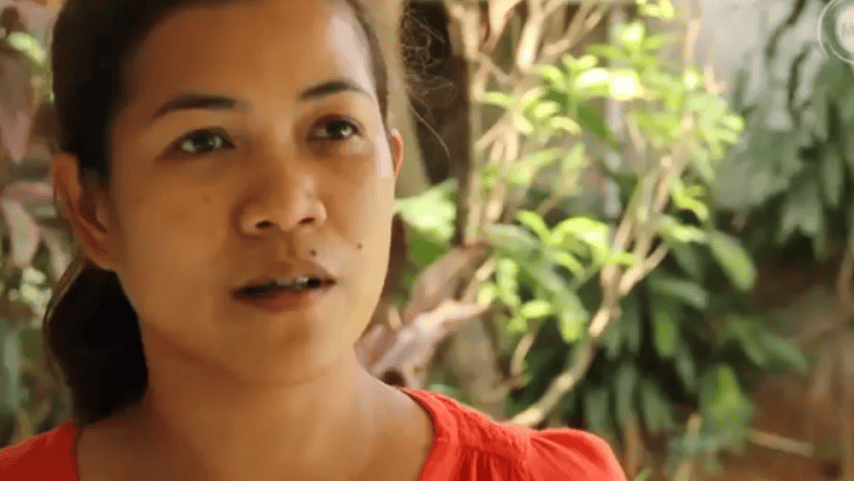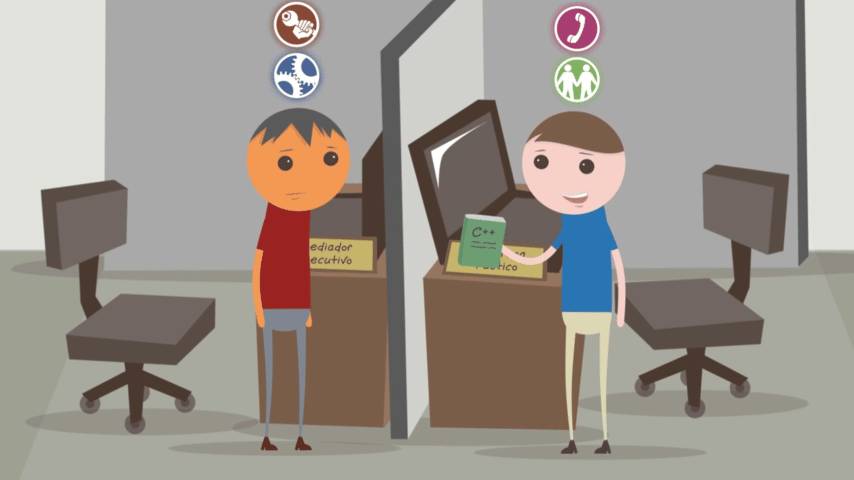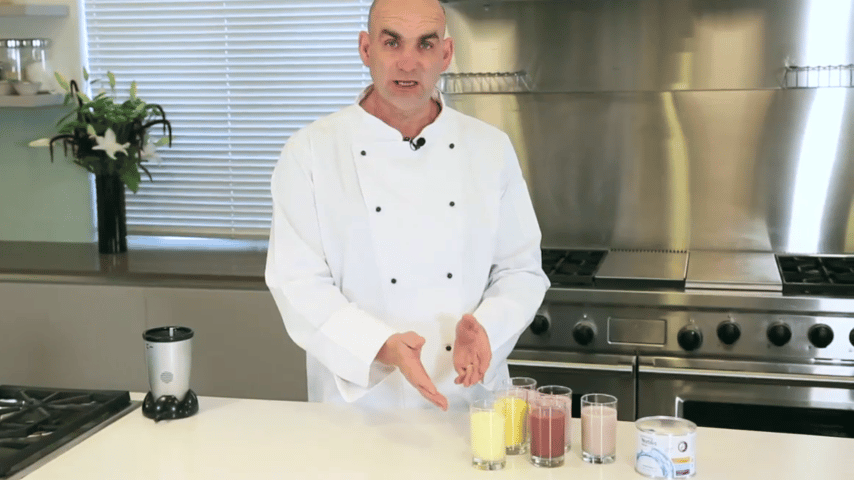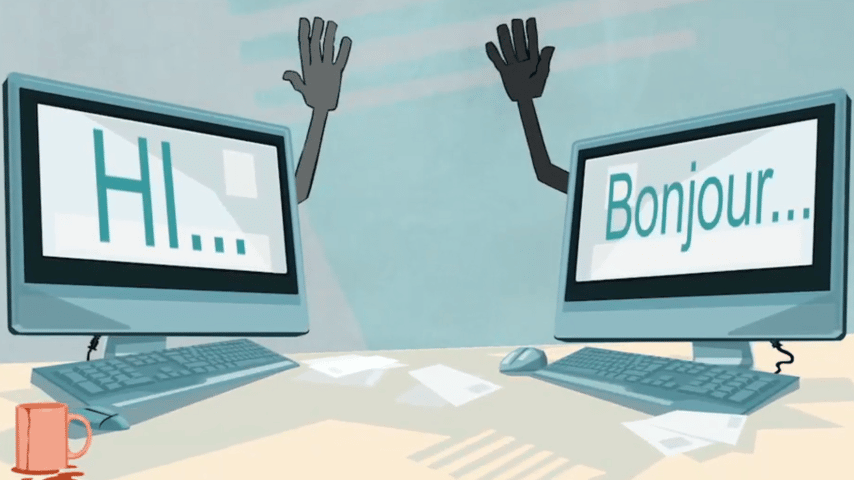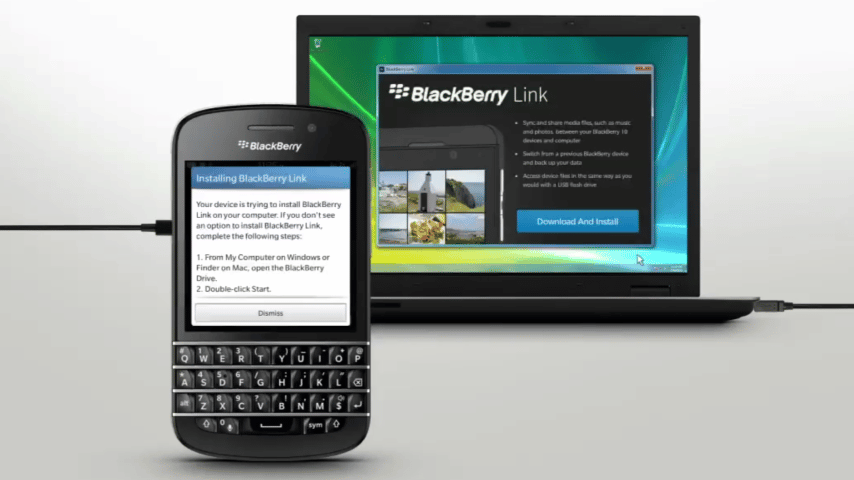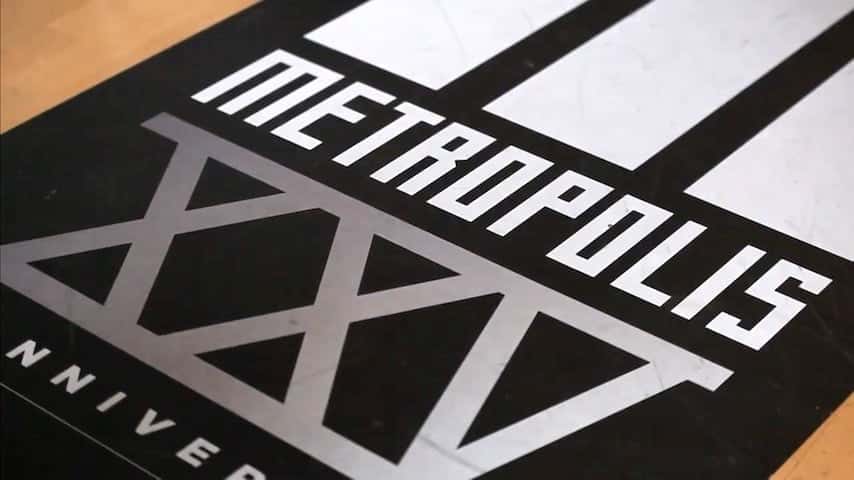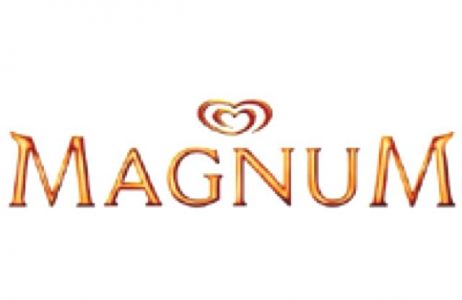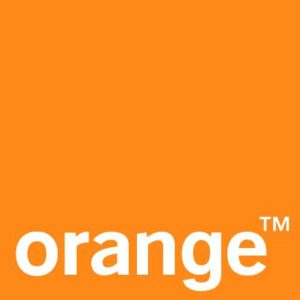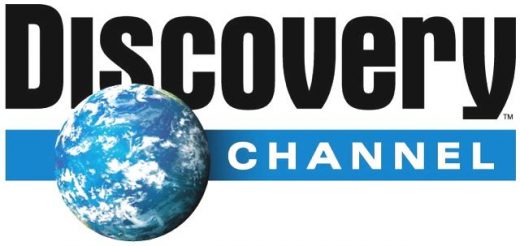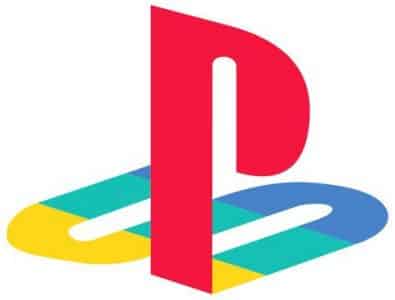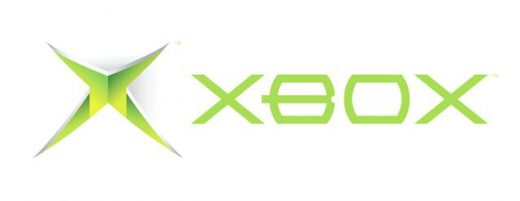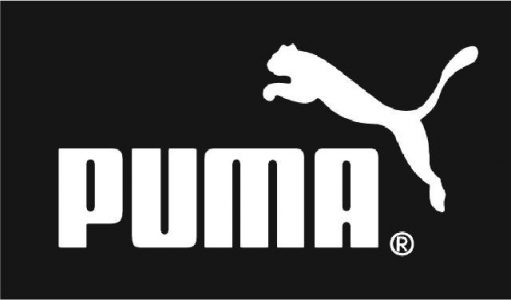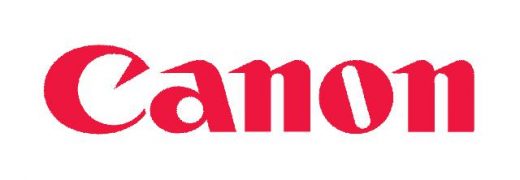What Kind of Brazilian Portuguese Voice Over Are You Looking For?
Learn more about Brazilian Portuguese Voice Over Services
Application of Brazilian Portuguese Voice Over in Fictional Productions
Brazilian Portuguese voice over can be effectively utilized in various types of content aimed at Portuguese-speaking audiences. However, it is particularly beneficial in fictional productions. Here’s how Brazilian Portuguese voice overs can elevate your fictional content:
Character Authenticity: In fictional productions, voice over artists bring characters to life. Brazilian Portuguese voice over ensures that characters sound authentic to the native audience, capturing their personalities, emotions, and cultural nuances. This is essential in maintaining the integrity and appeal of the characters.
Cultural Relevance: Fictional productions often reflect cultural contexts. A Brazilian Portuguese voice over artist who understands these nuances can deliver lines in a way that feels natural and relevant. This helps in creating a more immersive and believable world for the audience.
Audience Engagement: When Brazilian audiences hear their native language in fictional productions, it enhances their engagement. They can relate to the characters and story more deeply, leading to a more enjoyable viewing experience. This connection can be pivotal in the success of a fictional series or movie.
Subtle Nuances: Brazilian Portuguese, like many languages, has subtle nuances and expressions that may not have direct translations. A skilled voice over artist can navigate these nuances, ensuring the dialogue sounds fluid and natural, preserving the original intent and humor of the script.
In conclusion, leveraging Brazilian Portuguese voice over services, whether in regional varieties or standard Brazilian Portuguese, not only ensures linguistic accuracy but also enhances cultural authenticity and audience engagement. Whether it’s for fictional productions, advertising, corporate communications, or other content, using the right voice over can significantly impact the success and reach of your production. By understanding and utilizing the nuances of Brazilian Portuguese, European Portuguese, and the interactions with Spanish and indigenous languages, you can create content that truly resonates with your audience across Brazil and the wider Latin American region.
Brazilian Portuguese vs. European Portuguese
When considering Portuguese voice overs, it’s essential to understand the differences between Brazilian Portuguese and European Portuguese. While both varieties share the same roots, they have evolved differently in terms of pronunciation, vocabulary, and grammar. Brazilian Portuguese has a more melodic and open pronunciation compared to the more clipped and nasal sounds of European Portuguese. Additionally, there are significant differences in everyday vocabulary and expressions.
Choosing the correct variety for your voice over is crucial for authenticity and audience engagement. To target content for Brazilian audiences, using Brazilian Portuguese is essential, as it ensures that the language resonates with the local audience.
Importance of Voice Overs in Brazilian Portuguese
Incorporating a Brazilian Portuguese voice-over into your content ensures that your message is clearly understood by your target audience. It also creates a sense of belonging and empathy among the audience, leading to stronger brand connections and potentially increased sales. This connection is even more profound when the voice over uses the correct regional dialect and cultural nuances, enhancing relatability and authenticity.
For example, using the specific slang and expressions common in São Paulo or Rio de Janeiro can significantly impact how the message is received. Adapting your content to include these cultural and linguistic nuances ensures that your message resonates more deeply with your audience.
The Collision of Spanish and Portuguese in Latin America

In Latin America, Spanish is the dominant language in most countries, making it crucial to understand the interaction between Spanish and Portuguese. In frontier areas such as Brazil’s borders with Argentina, Paraguay, and Uruguay, Spanish and Portuguese often collide, leading to a unique blend of languages and cultures. Additionally, indigenous languages like Guarani are spoken in these regions, adding to the linguistic diversity.
Understanding these dynamics is essential for creating effective voice overs that can navigate the linguistic and cultural complexities of these areas. Using a mix of Portuguese and Spanish, or incorporating elements of indigenous languages, can enhance the authenticity and impact of your content.
When developing a strategy to expand your markets, creating campaigns in both Spanish and Portuguese can help you reach the entire continent. A combined strategy that includes both languages allows you to connect with a broader audience, making your campaigns more effective and inclusive. This approach can be very beneficial for multinational campaigns, ensuring that your message resonates across diverse linguistic and cultural landscapes.
Finding professional voice actors for your projects
Our Latest Voice Over Case Studies
What our happy customers say
Kerry Gillies
Director at Synergy Language Services

Marion Hirst
Translation Project Manager at Language Wire
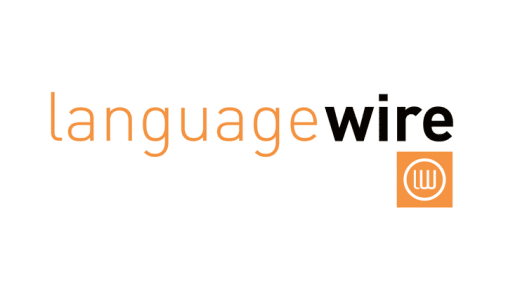
Lucas Cole
Sales and Marketing Director at Epipheo
Philippa Strandberg-Long
Deputy Course Leader - Acting, Italia Conti
Adam Ruddick
Head of Production at Casual Films
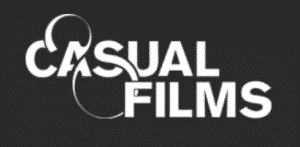
Jo Samuel
Animator at Pixel Circus

Frequently Asked Questions
Brazilian Portuguese voice overs offer a distinct blend of cultural authenticity and linguistic precision. Our talented voice artists capture the nuances of Brazilian Portuguese, ensuring that your message resonates effectively with your target audience in Portuguese-speaking markets. Whether you’re aiming for a warm and friendly tone or a professional and authoritative voice, our Brazilian Portuguese voice overs are tailored to convey your message with authenticity and impact.
We understand that selecting the perfect voice artist is crucial for the success of your project. Our agency provides you with access to a diverse pool of talented Portuguese voice over artists, each with their own unique style and vocal qualities. To help you make the right choice, we offer sample recordings from our artists, allowing you to listen and select the voice that best fits your project’s tone, style, and target audience.
Yes, absolutely! We are more than happy to provide samples of our Brazilian Portuguese voice over work. Our extensive portfolio showcases the versatility and quality of our voice artists, offering you a glimpse into the range of styles and tones we can deliver. Whether you’re looking for a corporate narration, an animated character voice, or anything in between, our samples demonstrate our ability to bring your script to life with professionalism and flair.
Our Portuguese voice over services cater to a wide range of industries, including but not limited to advertising, e-learning, corporate communications, entertainment, gaming, healthcare, and more. We understand that each industry has its own unique requirements and audience expectations, which is why we tailor our voice overs to suit the specific needs of your project. Whether you’re producing a commercial, an educational video, or a multimedia presentation, our experienced team has the expertise to deliver voice overs that engage and resonate with your target audience.
Yes, we offer comprehensive language solutions that go beyond voice overs. In addition to our Portuguese voice over services, we provide professional translation services to ensure that your content is accurately translated and culturally adapted for your target audience. Whether you need a script translated from English to Portuguese or vice versa, our team of experienced linguists can help you communicate your message effectively across language barriers.
Absolutely! We understand the importance of authenticity in voice overs, which is why we offer a diverse selection of Brazilian voice talents with various accents and dialects. Whether you require a standard Brazilian Portuguese accent, a regional dialect, or a specific tone for your project, we can match you with the perfect voice artist who embodies the desired characteristics. Our goal is to ensure that your voice over resonates authentically with your target audience, no matter their location or linguistic preferences.
The turnaround time for Portuguese voice over projects depends on various factors, including the length and complexity of the script, as well as the availability of the chosen voice artist. However, we strive to deliver prompt and efficient service to meet your project deadlines. Our dedicated team works diligently to ensure timely delivery without compromising on quality. For specific turnaround estimates or urgent requests, feel free to contact us, and we’ll be happy to provide you with a tailored solution to meet your needs.
Our team will work closely with you to address your feedback and make revisions until you are fully satisfied with the result. To avoid any extra billing, we always recommend that clients be present during the recording session or be available online to provide real-time feedback and minimize the need for extensive revisions. We strive to maintain clear communication throughout the revision process to ensure that your vision is realized effectively.
Absolutely! Our team of experienced professionals is well-versed in script adaptation and localization for Brazilian Portuguese audiences. Whether you’re translating a script from another language or need assistance in adapting the content to resonate with Brazilian viewers, we offer expert guidance and support every step of the way. From cultural nuances to linguistic considerations, we ensure that your script is tailored to effectively communicate your message and connect with your target audience in Brazilian Portuguese-speaking markets. Let us help you navigate the intricacies of script adaptation to ensure the success of your voice over project.
In general, yes, Brazilians can understand Portuguese from Portugal and vice versa. However, there are vocabulary, grammatical, pronunciation, and cultural differences that can make communication difficult or not so fluent. For this reason, creating specific voice overs for each region can be the key to making for audiovisual product succeed.

